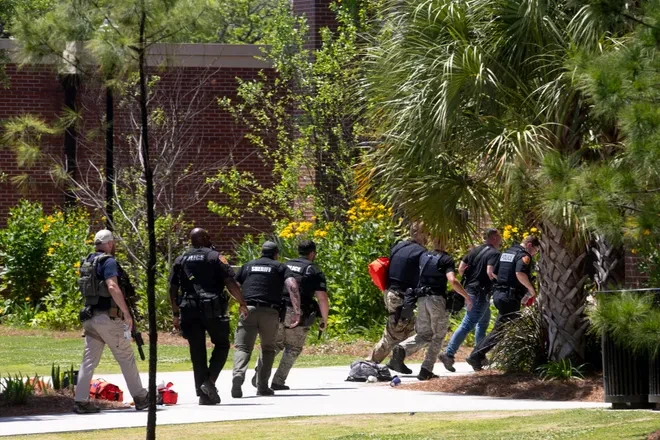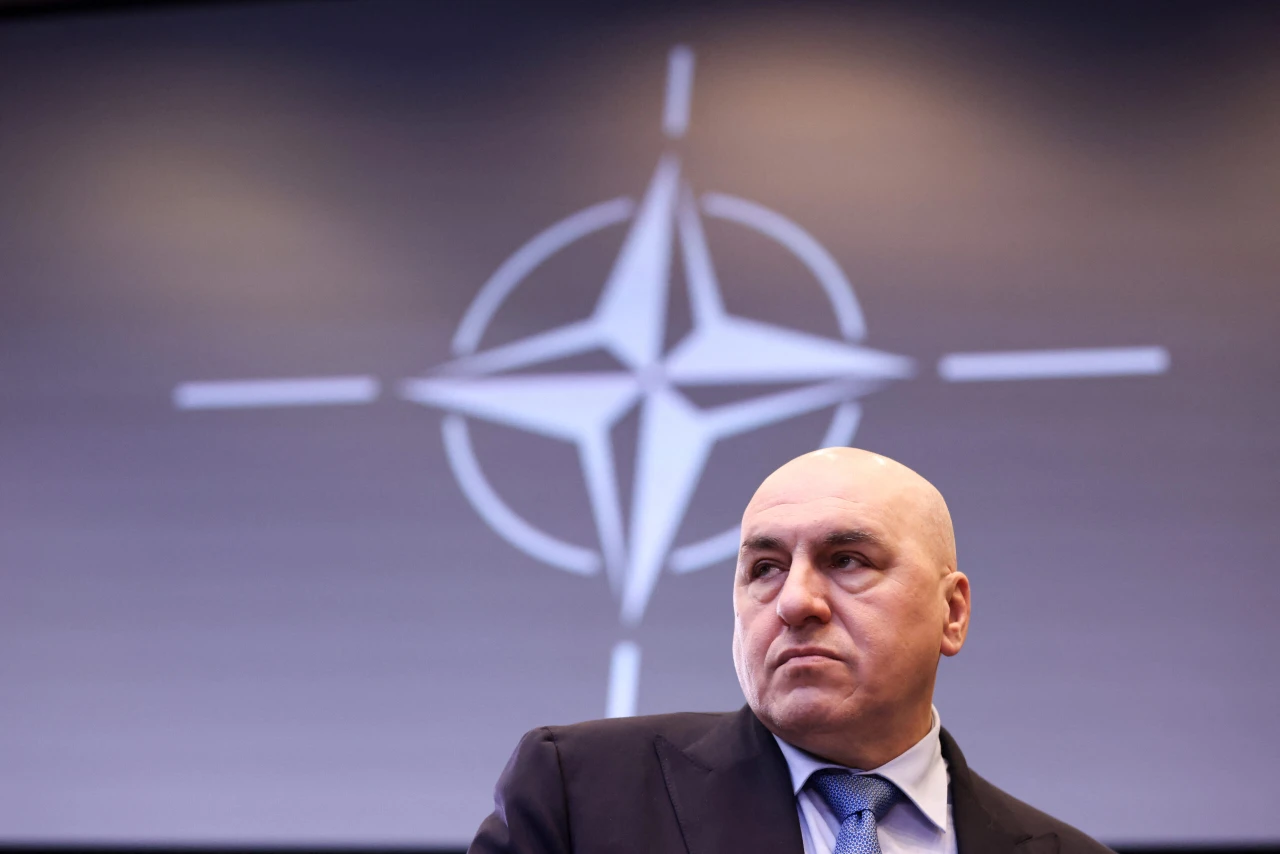France begins first war crimes trial of Syrian officials
In a historic move, the first trial in France of officials from Bashar Assad’s Syrian regime is set to commence Tuesday.
The Paris Criminal Court will try three high-ranking security officers in absentia for complicity in crimes against humanity and war crimes, specifically related to the deaths of two French-Syrian men, Mazzen Dabbagh and his son Patrick, who were arrested in Damascus in 2013.
“This is the first time French courts will address the crimes of the Syrian authorities and will try the most senior members of the regime since the outbreak of the Syrian revolution in March 2011,” stated the International Federation for Human Rights (FIDH).
The Syrian conflict began in 2011 after the government violently suppressed peaceful pro-democracy protests, leading to a devastating war that has killed over half a million people, displaced millions and destroyed much of Syria’s economy and infrastructure.
While similar trials have been held in Europe, notably in Germany, those prosecuted were lower-ranking officials and present at the hearings. This trial is unprecedented because of the seniority of the accused and their absence. Ali Mamlouk, former head of the National Security Bureau, Jamil Hassan, former director of the Air Force Intelligence Service, and Abdel Salam Mahmoud, former head of investigations for the service in Damascus, are all subject to international arrest warrants.
CIJA reports torture, mistreatment at Mezzeh prison
At the time of their arrest, Patrick Dabbagh was a 20-year-old student at the University of Damascus, and his father Mazzen worked as a senior education adviser at the French high school in Damascus. They were detained in November 2013 by officers claiming to be from the Syrian Air Force Intelligence Service.
Witnesses have testified that they were taken to Mezzeh Military Airport, a site notorious for brutal torture. Both were declared dead in 2018; Patrick on January 21, 2014, and Mazzen on November 25, 2017. French investigators and the Commission for International Justice and Accountability (CIJA) gathered extensive accounts of torture and mistreatment at Mezzeh prison, including electric shocks and sexual violence, from dozens of witnesses.
Clemence Bectarte, the lawyer representing the Dabbagh family and FIDH, emphasized the trial’s importance as a reminder that normalization of relations with the Assad regime should never be considered.
“We tend to forget that the regime’s crimes are still being committed today,” she asserted.



